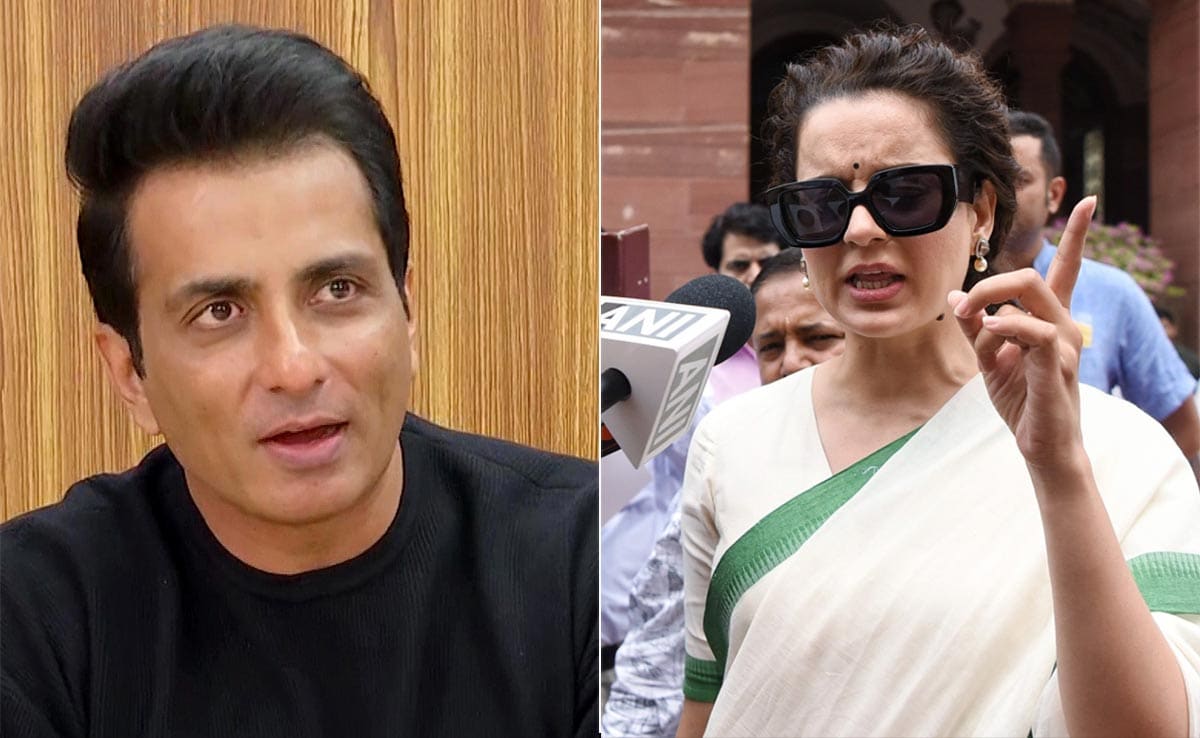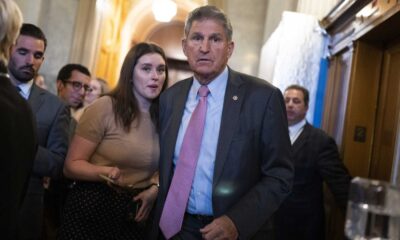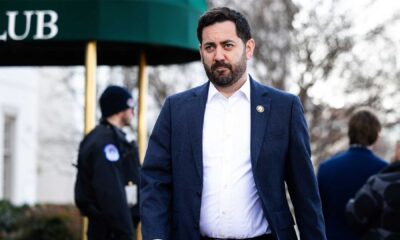Politics
Supreme Court Halts Controversial Nameplate Directive Affecting Kanwar Yatra

In a significant ruling, the Supreme Court of India put a temporary stop to a controversial directive requiring shopkeepers across the states of Uttar Pradesh, Uttarakhand, and Madhya Pradesh to display their names prominently during the ongoing Kanwar Yatra. This interim order was issued following a plea brought forth by the Association of Protection of Civil Rights, which challenged the legality of the ‘nameplate order’ imposed by the Uttar Pradesh government.
The bench, consisting of Justices Hrishikesh Roy and SVN Bhatti, recognized the implications of this directive on local businesses and the broader community. The court’s intervention came as the guidelines mandated that shopkeepers make their identities clear rather than merely sharing what food items they offered, raising concerns over the unnecessary burden it placed on smaller establishments.
During the hearing, senior advocate Abhishek Manu Singhvi, representing the NGO, criticized the government’s order as having no foundation in existing laws and described it as a “camouflaged order specifically engineered for the Kanwar Yatra.” He articulated that imposing fines on shop owners unwilling to display their names could effectively spell economic hardship for many, asserting that a substantial number of affected businesses were simple tea stalls and fruit shops.
Singhvi underscored that the essence of the directive seemed misplaced, arguing that consumers usually choose eateries based on the menu rather than the ownership. He suggested that this approach promoted an atmosphere of exclusion based on identity, contradicting the fundamental ideals enshrined in the Indian Constitution that advocate for inclusivity and equality among all citizens.
Highlighting the tradition of Kanwar Yatras, which have been a significant religious and cultural event for decades, Singhvi noted that individuals of various faiths frequently extend their support to Kanwariyas (pilgrims), emphasizing the communal spirit that transcends religious boundaries.
The Supreme Court’s notice to the concerned state governments follows a broader discourse regarding governance and the rights of citizens amid religious events. The implications of such directives can lead to unnecessary tensions in a diverse society, and the court’s willingness to challenge the legality of this order reflects a commitment to uphold civil rights.
In a separate yet concurrently highlighted case, the Supreme Court also directed IIT Delhi to establish an expert panel to assess a disputed question from the NEET-UG examination conducted on May 5. This case revolves around a question that contained ambiguous options, generating confusion regarding its correct answer.
The petitioner involved in this case managed to secure 711 marks but expressed dissatisfaction with how the National Testing Agency (NTA) handled the responses to a particular question. According to the petitioner, who sought legal clarity, option 4 was identified as the correct choice based on the most recent NCERT edition. In contrast, students choosing option 2 also received grace marks, as it aligned with previous NCERT editions.
During the proceedings, the Chief Justice remarked that candidates should rely on the latest guidelines, thus implying that students who opted for option 2 should not receive full marks. This highlights the ongoing challenges within India’s education system regarding standardized testing and curriculum updates.
The cases being addressed by the Supreme Court raise fundamental questions about governance, civil rights, and the proper administration of educational assessments. As courts engage with these issues, the outcomes are likely to have far-reaching effects on future policies and regulations affecting both the general public and students.












